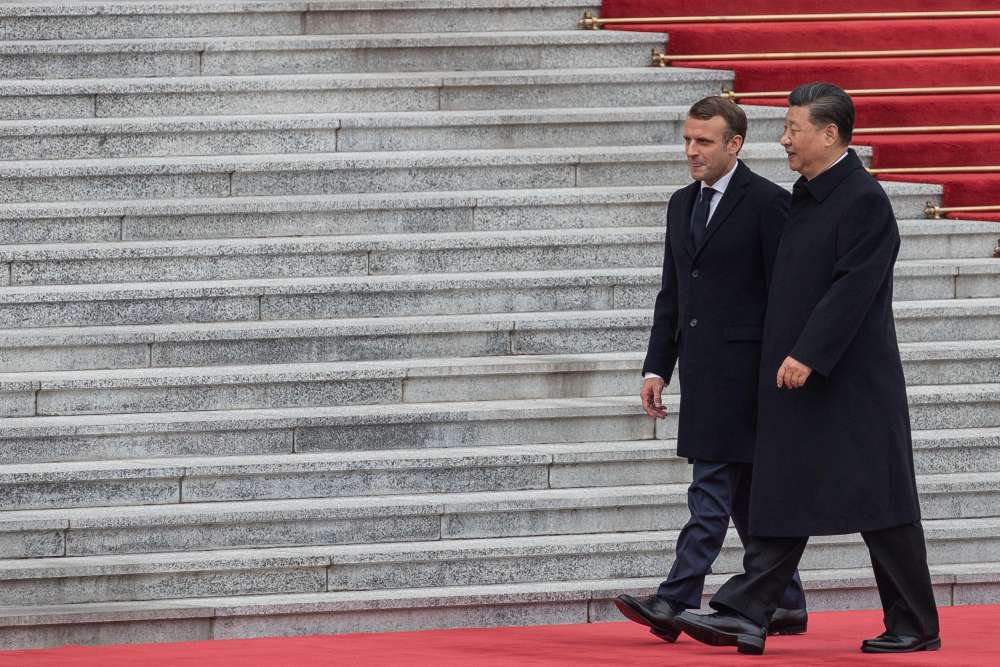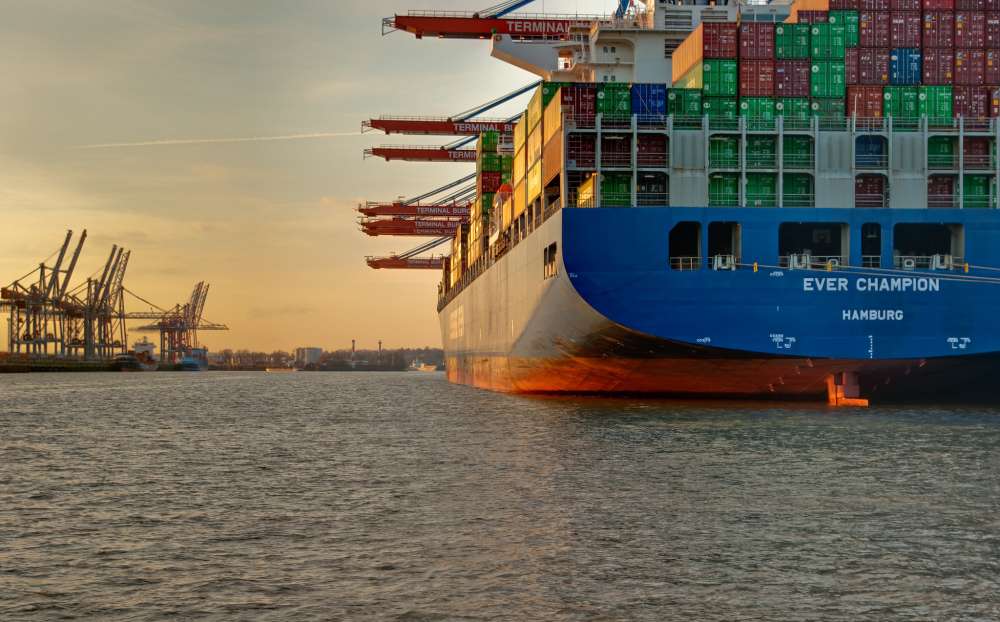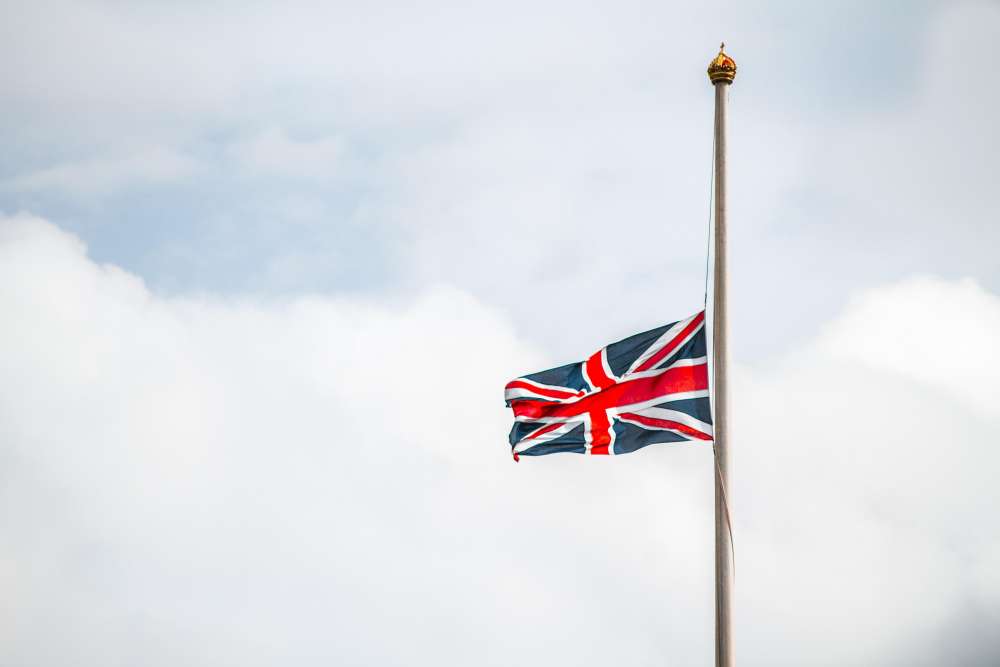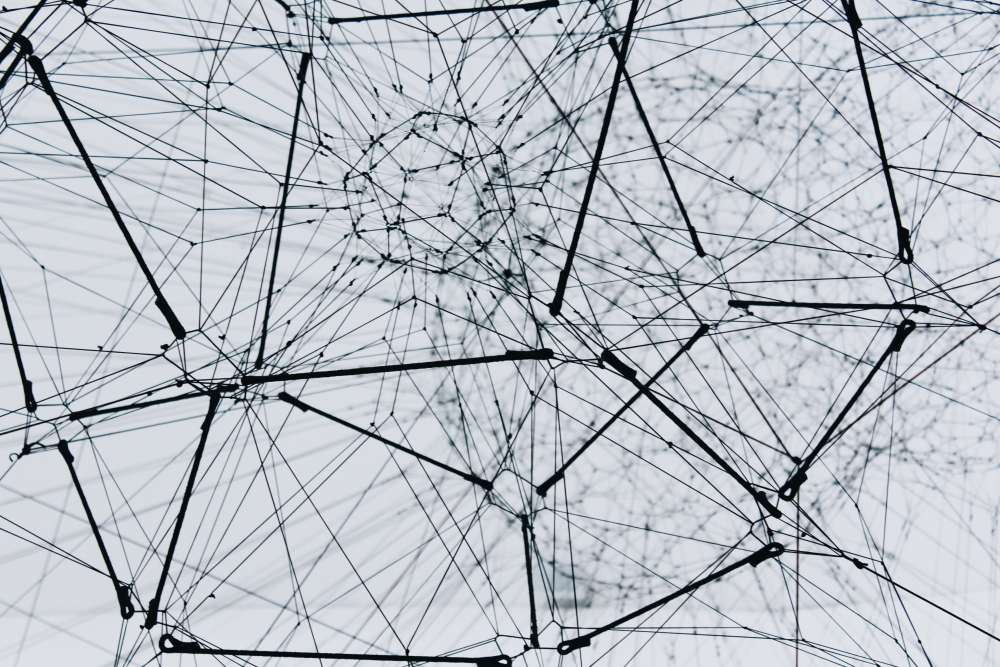War and Unpeace: The Dangers of Connectivity
The age of peace is over. The culprit: global connectivity. Why the connections that knit the world together are also driving it apart – and what this means for Germany's security policy.
Military historian Michael Howard famously opened his book “The Invention of Peace” with a quote from 19th century jurist Henry Maine: “War appears to be as old as mankind, but peace is a modern invention.” Howard defined peace not only as the absence of war, but a condition governed by powerful norms, laws and institutions. Since the Russian invasion of Ukraine on 24 February 2022, many Europeans believe that the time of peace is over. German Chancellor Olaf Scholz found the words to describe this feeling when he declared Moscow’s takeover as a Zeitenwende – a historic turning point, the beginning of a new era.
In the new foreword to my book “The Age of Unpeace”, I argue that although 24 February was a psychological watershed for Europe, the notion of peace ended long before that day. Thus, it would be wrong to view Ukraine as another oscillation in the age-old pendulum swing between war and peace – as might be expected in a Russian novel. Indeed, Tolstoy would not be able write his masterpiece today: the boundary between war and peace has largely disappeared. Growing connectivity – that is, the technological revolution and the globalization of trade, travel, ideas, and information – has helped to erode that border. What this means in practice is that even when the fighting ends, the world will not go back to a period of peace.
Europe needs to understand that the connections that knit the world together are also driving it apart – and this has policy implications.
Key Points:
- The structures that connect societies are also the main sources of global tensions: Europe needs to recognize this new reality.
- In an age where the line between war and peace is blurred, Germany should rethink its basic security and economic assumptions – especially when it comes to Russia’s war against Ukraine.
Unstable Connection
Connectivity can give people a motive for conflict. Access to new technologies and social platforms has helped to spur on the polarization of our societies, fostering an envy epidemic: people no longer compare themselves with their neighbors or parent, but rather with the most privileged in society, which can lead to feeling a loss of authority. The new politics this creates is centered around identity, grievances and taking back control from international organizations.
Connectivity also equips states with a new arsenal of weapons with which to attack one another. The war in Ukraine shows how today’s wars are not only fought with planes and tanks, but through sanctions, supply chains, financial flows, people, information, and digital bits. Today’s great power politics are akin to a loveless marriage where the couple cannot stand each other’s company but are unable to divorce. And as with an unhappy couple, it is the moments shared during the good times that become the means to cause harm when things turn sour. In a collapsing marriage, vindictive partners will use the children, the dog and the holiday home to hurt each other: in geopolitics, it is the many facets of globalization meant to connect us – from trade, migration, infrastructure and the internet to global problems like the climate crisis and COVID-19 – that will ultimately come to haunt us.
» In geopolitics, it is the many facets of globalization meant to connect us – from trade, migration, infrastructure and the internet to global problems like the climate crisis and COVID-19 – that will ultimately come to haunt us. «
When the first step is over and German leaders accept that we live in an age of unpeace (meaning that economic and political conflict between powers will be endemic even if there is no formal war), it will be necessary to rethink some basic assumptions of German policymaking, including both Berlin’s security and economic model.
Economy in Conflict
So far, Germany’s focus has been on security – the German public needed to accept that hard power is back – and specifically on how European livelihoods are largely protected by rearmament and weapons rather than by treaties and norms. Consequently, German policymakers agreed on a 100 billion euro special fund for the Bundeswehr – a big step for Germany. At the same time, it is important to take a wider view of the battlefield and power in an interconnected world. Russia has been practicing hybrid warfare for quite a while, integrating military and non-military means and exploiting the weaknesses of others to reach its goals. Now, many states are realizing that it is not enough to be attractive to others: we need to become hybrid warriors and defend ourselves against conventional and non-conventional attacks. Investing in military capacities is just the tip of the iceberg.
Even more challenging will be fundamentally rethinking Germany’s economic model. Berlin is used to thinking of interdependence as a guardrail against conflict. Now, states are beginning to see it as a vulnerability. Consumers, employees and companies are suddenly turning into unwitting warriors and victims in an environment in which energy bills, food prices and information wars are shaping the narrative around the war in Ukraine.
In this context, it is not just that the economy is used as a weapon – a war-time economy is also developing. The economic model of unpeace values security over efficiency. Thus, states are adopting a much larger focus on diversification and the new buzz-word “friendshoring” to mitigate the risk of disrupted supply chains. And as a consequence, there will be more regionalization than globalization in the coming years.
» Consumers, employees and companies are suddenly turning into unwitting warriors and victims in an environment in which energy bills, food prices and information wars are shaping the narrative around the war in Ukraine. «
Unpeace Treaty
These rapid changes will create a new map of competition on the world stage – and Germany needs to find ways to navigate this landscape. During the Cold War, the world was split between ideologies which offered a contrasting picture of a common future. Now, the world is increasingly split between identities that are focused on the past. While we are all connected, one of the main sources of tension is how we approach this connectivity – and how it impacts our identities. It is important to not only identify how Russia looks at interdependence, but also the three big empires of connectivity: the United States, China and Europe. Germany needs to ensure that there is a common understanding of connectivity within Europe and invest in partnerships outside of the continent to prevail in the competition between these empires.
Most profoundly, German and European policymakers need to rethink the very idea of a global order. Even when the intense phase of fighting in Ukraine ends, it is unlikely that a new European security order will follow. Rather than a treaty – which creates a new certainty and a stable framework for relations – there will be at best a kind of ‘unpeace treaty’ which ends the hot war, but leaves the door open for continuing conflict and competition. A peace agreement can order countries to remove their troops and settle borders, but it has no power to prevent cyber-attacks, disinformation campaigns, energy cut-offs, informal economic sanctions or even the movements of so-called ‘little green men’. European states will uncouple their economies and financial systems from Moscow, but the huge landmass Europe shares with Russia means that we cannot seal ourselves off from the Russian bear completely. That is why the war in Ukraine will likely end in another period of unpeace.
Mark Leonard
Director and Co-Founder, European Council on Foreign Relations
Keep on reading

Reality Check on China: Protecting Europe’s Science and Technology Potential
Many European states believe that they are no match for China. But as the French example reveals, this perception may be false. It is high time for Europe to take a realistic look at its dependencies and assets vis-à-vis China – especially in the field of science and technology.

Finding a New Compass for Germany’s Foreign Economic Policy
Germany has one of the world’s most internationalized economies. This comes with benefits, but also with risks. Berlin’s national security strategy is an opportunity to recalibrate its foreign economic policy to better maneuver today’s challenges.

Don’t Stumble at the Start Line: Lessons from the UK’s Integrated Review
The United Kingdom’s Integrated Review in 2020 was supposed to be the most substantial security overview in decades. But its bold ambitions were undermined by missteps ahead of the document’s release. Why this should be a cautionary tale for Germany.
